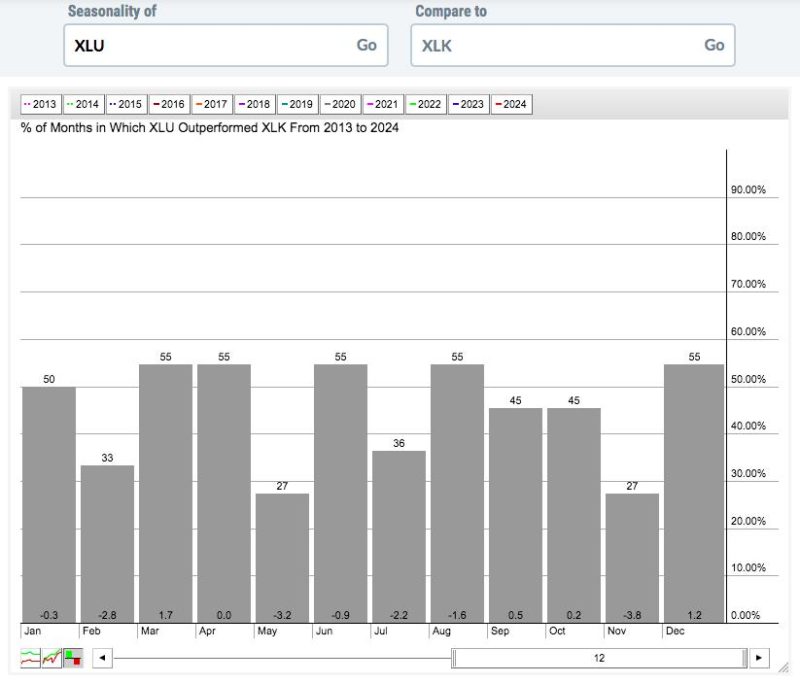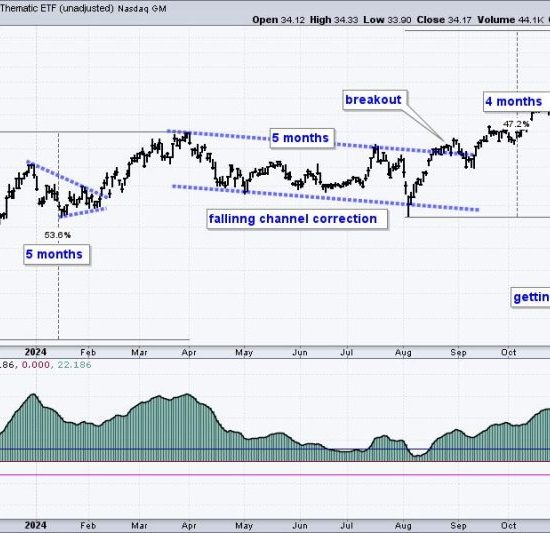In the world of investment and trading, risk evaluation stands out as a crucial determinant of success. Discerning the scale of risk tied to a specific investment or trading decision can often spell the difference between profiting and suffering a loss. Successful traders and investors enact a nuanced understanding of risk evaluation with an active and systematic approach, contrary to unsuccessful traders who often ignore it or perceive it as an afterthought.
Investment and trading involve immense and ceaseless uncertainty. The moment an investor chooses to invest capital, regardless of the amount or manner of the investment, a risk is taken. This risk is a product of several factors: market volatility, the investor’s knowledge and experience, the inherent risk associated with a specific asset or commodity, and even uncontrollable macroeconomic factors such as geopolitics or a pandemic. Our ability to identify, assess, and manage this uncertainty determines the extent of our success as traders.
The first major difference between successful and unsuccessful traders arising out of risk evaluation is their understanding of risk and reward balance. Successful traders have an uncanny knack for comprehending explicit and implicit risk. They make calculated moves, balancing potential yields with the level of risk involved. On the other hand, unsuccessful traders often get drawn by the allure of high returns without adequately factoring in the associated risk. They treat trading as a game of chance rather than a calculated risk-taking endeavour, leading them down the perilous path of potential financial ruin.
Successful traders also stand apart in their use of risk management tools and methods. Informed traders may employ stop-loss orders, limit orders, and other risk management devices to cap their potential losses. These traders often set predetermined limits to their risk level per trade, thus, effectively controlling their potential losses. For example, one popular method is to risk only a set percentage of the trading account on any single trade. On the other hand, unsuccessful traders either disregard such tools or misuse them, exposing themselves to uncontrolled risk.
Another difference lies in the adaptability to changing market conditions. Successful traders continuously evaluate and adapt their risk-management strategies to the evolving market circumstances. They strive to anticipate potential changes and realign their portfolio accordingly. Contrarily, unsuccessful traders often remain rigid in their approach, refusing to alter their strategy even in highly volatile or changing markets. Such a static approach almost always leads to losses in the long run.
One of the crucial elements that distinguish successful traders is their ability to assess multiple risk factors concurrently. For a comprehensive risk evaluation, successful traders delve into the intricacies of various types of risks such as credit risk, liquidity risk, operational risk, and country risk. Failure to recognize and assess these different types of risk often results in unsuccessful trades, as novice traders tend to focus solely on market risk.
Equally imperative is the traders’ mental and emotional capacity to deal with risk and uncertainty. Successful traders maintain objectivity and patience, despite market volatility, ensuring that they do not make impulsive decisions founded on fear or greed. On the contrary, unsuccessful traders often fall prey to emotional trading, allowing fear and greed to influence their trading decisions, which invariably leads to hasty, ill-considered trades.
In conclusion, evaluating risk lies at the heart of successful trading. Successful traders prioritize risk management, balancing their risk-reward ratio, using advanced risk management tools, and continuously evolving their strategies. They are capable of managing multiple risk types while maintaining their emotional resilience. Conversely, unsuccessful traders often fall short in these areas, treating trading as a gamble rather than a strategic activity. Ultimately, the ability to evaluate and manage risk spells the difference between a prosperous trading career and a luckless one.




